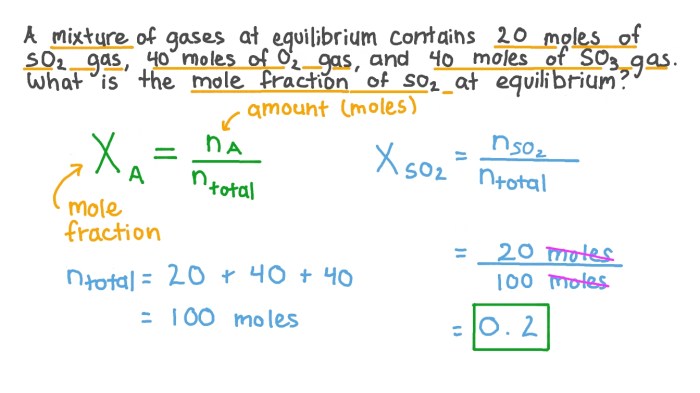The ph of a 0.055 m sodium hydroxide is – The pH of a 0.055 M sodium hydroxide solution is a fundamental concept in chemistry that plays a crucial role in various chemical reactions and biological systems. This article delves into the intricacies of pH calculation, exploring the dissociation of sodium hydroxide and its implications for understanding the behavior of basic solutions.
Sodium hydroxide, a strong base, dissociates completely in water, releasing hydroxide ions (OH-) and sodium ions (Na+). The concentration of hydroxide ions directly influences the pH of the solution, which is a measure of its acidity or alkalinity. Understanding the pH of sodium hydroxide solutions is essential for applications ranging from acid-base titrations to water treatment.
The pH of a 0.055 M Sodium Hydroxide Solution

The pH of a solution is a measure of its acidity or alkalinity. It is determined by the concentration of hydrogen ions (H+) in the solution. A pH value of 7 is considered neutral, while values below 7 indicate acidity and values above 7 indicate alkalinity.
In this article, we will calculate the pH of a 0.055 M sodium hydroxide solution.
Dissociation of Sodium Hydroxide, The ph of a 0.055 m sodium hydroxide is
Sodium hydroxide (NaOH) is a strong base that dissociates completely in water to form sodium ions (Na+) and hydroxide ions (OH-). The dissociation equation for sodium hydroxide is:
NaOH → Na+ + OH-
pH Calculation
The pH of a solution can be calculated using the following formula:
pH =
log[H+]
where [H+] is the molar concentration of hydrogen ions in the solution. In a sodium hydroxide solution, the hydroxide ions react with hydrogen ions to form water:
OH- + H+ → H2O
This reaction causes the concentration of hydrogen ions to decrease, which in turn increases the pH of the solution.
pH Value of Sodium Hydroxide Solution
To calculate the pH of a 0.055 M sodium hydroxide solution, we first need to calculate the concentration of hydroxide ions. Since sodium hydroxide dissociates completely, the concentration of hydroxide ions is equal to the molarity of the solution:
[OH-] = 0.055 M
Using the inverse relationship between [OH-] and [H+], we can calculate the concentration of hydrogen ions:
[H+] = Kw/[OH-] = 1.0 x 10^-14 / 0.055 M = 1.82 x 10^-13 M
Finally, we can calculate the pH of the solution using the formula pH = -log[H+]:
pH =
log(1.82 x 10^-13) = 12.74
Implications of pH
The pH of a sodium hydroxide solution is basic, indicating that it contains a high concentration of hydroxide ions. Basic solutions can be corrosive and can cause skin irritation. The pH of a solution is also important in many chemical reactions and biological systems.
For example, the pH of blood is tightly regulated to maintain optimal conditions for enzymatic activity.
General Inquiries: The Ph Of A 0.055 M Sodium Hydroxide Is
What is the pH of a 0.055 M sodium hydroxide solution?
The pH of a 0.055 M sodium hydroxide solution is approximately 12.74.
Why is the pH of sodium hydroxide solutions important?
The pH of sodium hydroxide solutions is important because it determines their reactivity and suitability for various applications, such as acid-base titrations and water treatment.


